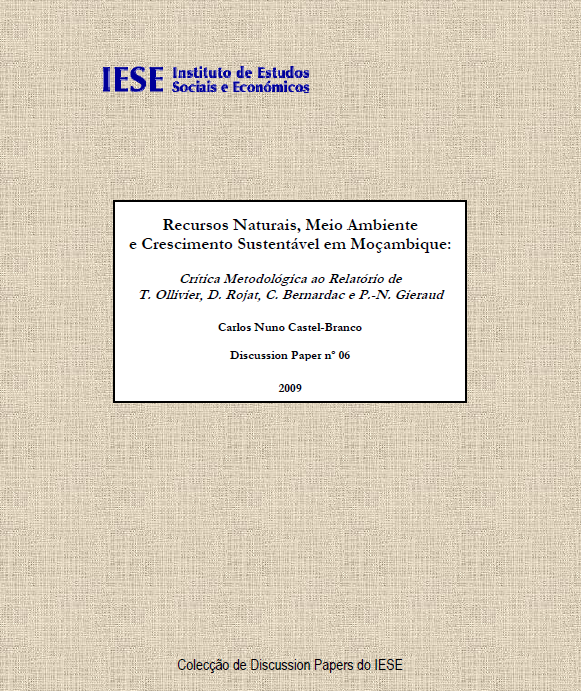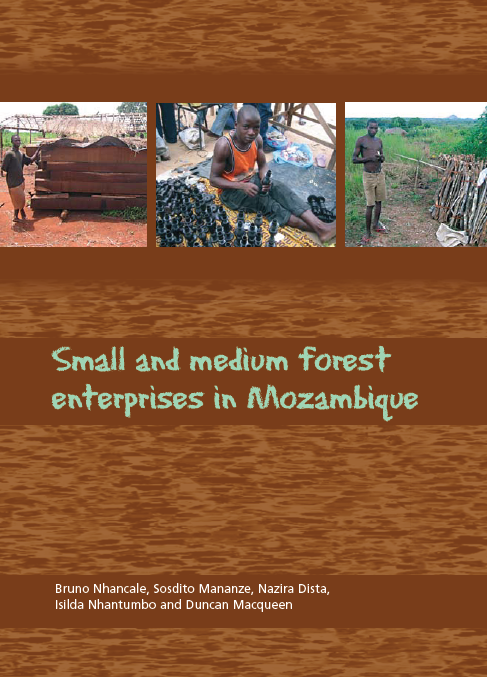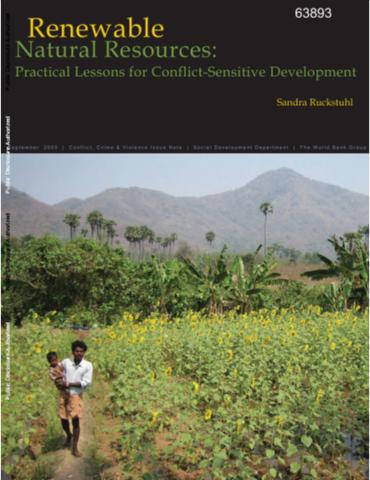How to Deal with Projects that Involve Forced Evictions and Displacement
This guide summarizes international human rights standards applicable to involuntary displacement caused by public and private infrastructure and urbanization projects. It provides guidance for all involved parties: urban planners and architects, public authorities, the legal community, national or international financing entities, governments, civil society, and affected populations. It aims to provide guidance to assist in the execution of development projects that respect, protect and fulfil the human right to adequate housing of the communities that will be affected by them.











